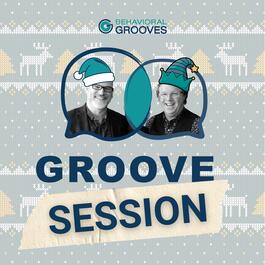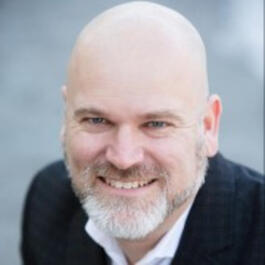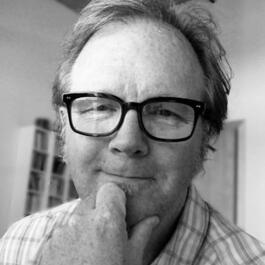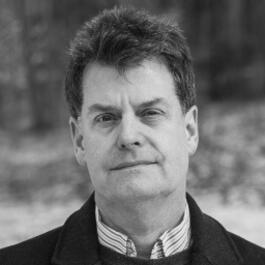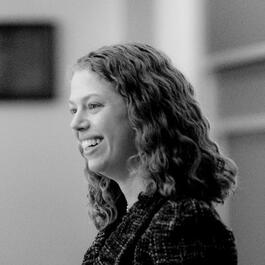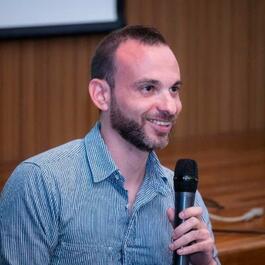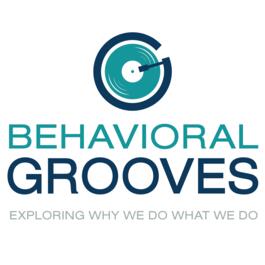
Behavioral Grooves Podcast
Stories, science and secrets from the world’s brightest thought-leaders. Behavioral Grooves is the podcast that satisfies your curiosity of why we do what we do. Explanations of human behavior that will improve your relationships, your wellbeing, and your organization by helping you find your groove.
Show episodes
In this annual “best of the best” episode, we revisit the behavioral science books that most influenced our thinking this year. Rather than ranking titles, we explore what made each book impactful; from happiness and psychological richness to leadership, teams, and behavioral economics, and why these ideas continue to
Why do holiday rituals matter so much to our happiness and sense of connection? In this pre-Christmas special, we unwrap (ho ho ho…) the behavioral science behind gatherings and traditions—from Thanksgiving dinners to baking cookies and watching favorite holiday movies. Learn how rituals differ from habits, why they he
Individual emotional intelligence matters — but teams thrive when EI is built together, not carried by a few well-developed individuals. In this episode, Vanessa Druskat explains why high-performing groups rely on shared norms that create psychological safety, trust, and collaboration. We talk through her research-back
Executive coach and author Muriel Wilkins joins us to unpack the invisible beliefs that quietly shape how we lead. We explore why curiosity is the starting point for self-awareness, the common internal blockers she sees in leaders, and why leadership growth is less about changing who you are and more about expanding yo
In this special episode inspired by questions from our Facebook Community, we explore why big change feels intimidating even though most transformation happens quietly in our daily lives. Kurt and Tim dig into the micro-shifts we overlook, the powerful role expectations play in shaping our confidence and identity, and
Is violence caused by “bad people,” too many guns, or something deeper? In this episode, University of Chicago researcher Jens Ludwig reveals why most violent acts stem not from evil intent but from ordinary people in unforgiving situations. We explore how behavior, context, metacognition, and split-second decision-mak
